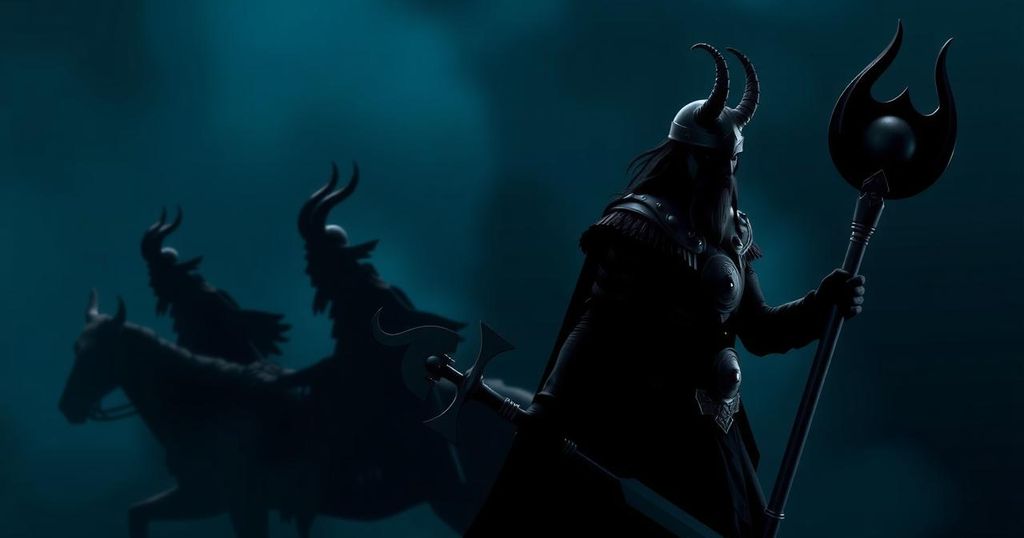On Wednesday, a newly introduced image-generating feature to Elon Musk’s AI chatbot Grok became available primarily for paid subscribers on X, attracting a significant number of users eager to experiment with the tool. Unfortunately, this feature appears to lack many of the crucial safeguards prevalent in leading AI image generators, raising considerable ethical concerns regarding its potential misuse.
Many individuals, particularly admirers of Mr. Musk, are utilizing Grok to create controversial and often objectionable images of prominent figure Taylor Swift. For instance, a user requested the AI to generate an image depicting Ms. Swift and former President Donald Trump at their wedding, resulting in two fabricated visuals—one of the couple walking down the aisle and the second of them sharing a kiss. Furthermore, another user prompted Grok to create an image portraying Ms. Swift and Kanye West engaging in a flirtatious interaction while bartending in a Las Vegas nightclub, surrounded by atmospheric smoke and lasers.
Disturbingly, various users have directed the AI to produce several images showcasing Ms. Swift brandishing an AR-15 rifle. One such enthusiast remarked, “I knew @grok was unstoppable; best AI the moment it could do this.” Additionally, the AI generated a variety of representations of Ms. Swift in provocative attire, including a revealing swimsuit, a MAGA hat, and an ensemble strikingly reminiscent of those worn by the Nazis during World War II.
Amidst these actions, an individual articulated concerns over the implications of such imagery, indicating that the inability of the AI to filter inappropriate content may lead to damaging misinterpretations and accusations. The user expressed, “Obviously Taylor Swift was never a member of the SS, but I could see Grok being used in ways similar to this in order to slander someone.”
Unlike other notable image generators, such as ChatGPT, which actively refuse requests to create content depicting real-world violence or involving public figures in explicit scenarios, Grok’s existing measures are evidently less stringent. While Grok’s guidelines prohibit generating nude images, its facility in merging celebrities into compromising situations has sparked speculations about potential legal repercussions arising from its utilization.
This is not the first occasion that concerns regarding AI-generated content involving Ms. Swift have arisen. In January, explicit AI-generated images of her circulated widely on X before the platform intervened. According to reports, Ms. Swift contemplated legal action against those responsible for generating such content, although no lawsuits appear to have materialized thus far. This incident has since propelled discussions within Congress surrounding the necessity for legislative measures aimed at prohibiting the dissemination of non-consensual and explicit AI-generated imagery.
The discussions and concerns elicited by Grok’s recent update extend beyond Ms. Swift, as other users have also curiously generated images featuring characters such as Disney’s Mickey Mouse engaged in illicit activities or depicting acts of violence. As internet culture continues to evolve in unpredictable and often alarming ways, it is essential for legal authorities and content creators to engage in substantive dialogue aimed at establishing standards and safeguards for responsible AI usage.
In conclusion, the recent developments with the Grok image generator offer a cautionary tale regarding the unregulated potential of AI technology in content creation. As society grapples with the ramifications of such advancements, the integrity and reputation of individuals must remain a paramount concern.

